When cancer strikes back
Twenty per cent of children with cancer relapse or don’t respond to traditional therapies—and when this occurs, the chances of surviving drops dramatically. Inspired by generous support from the Michael Cuccione Foundation and the Murray family, researchers at BC Children’s Hospital are determined to find out why this occurs in children with medulloblastoma, the most common malignant childhood brain cancer.
Experts at BC Children’s treat four to five children with medulloblastoma each year
“The key to beating this horrific disease is understanding why some cases of medulloblastoma relapse and become drug resistant,” explained Dr. James Lim, an investigator at the Michael Cuccione Childhood Cancer Research Program at BC Children’s Hospital. “So, we set out to uncover what factors may help cancer cells escape the effects of chemotherapy.”
To do that, Dr. Lim and his team grew medulloblastoma cells in a lab and then exposed those cells to increasing levels of chemotherapy to see how they responded to the treatment. That eventually led to a striking discovery: a particular molecular signal could help cancer cells enter a “survival mode” that enables them to resist the effects of treatment.
Although the research is still in its early days, it demonstrates the potential of blocking these “survival mode” signals to increase the effectiveness of chemotherapy—and reduce the chance of the cancer recurring in children.

